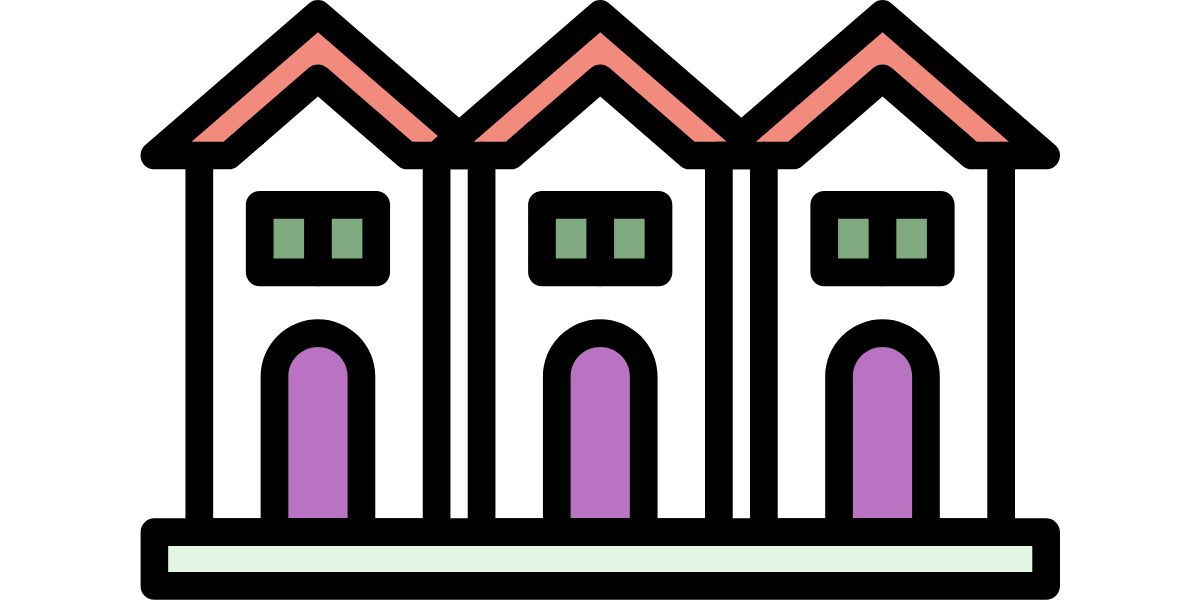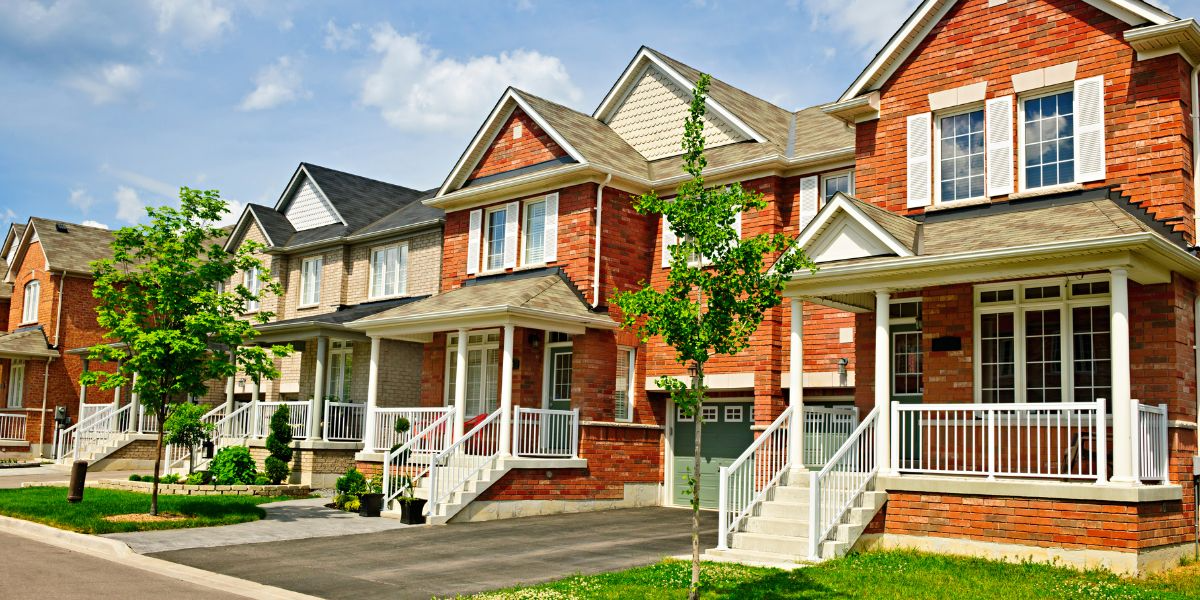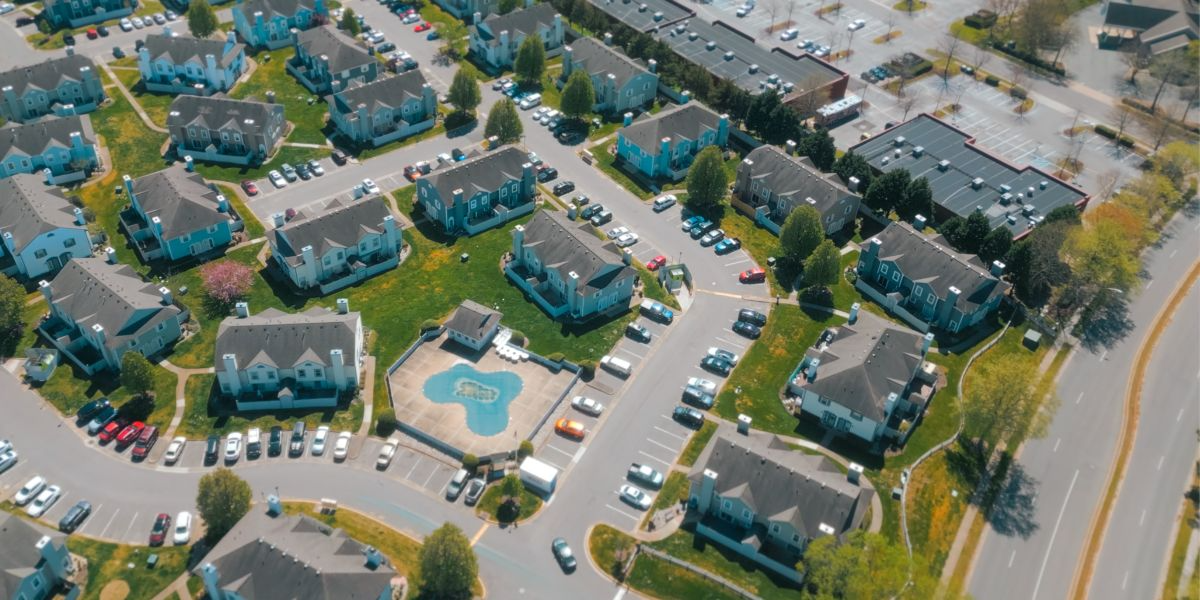
Ontario’s real estate market offers various homeownership models, each catering to different lifestyles and preferences. One unique option is the bare land condominium, which blends the benefits of owning land with the convenience of shared amenities. If you're looking for a property that allows for customization, privacy, and community living, a vacant land condo might be the perfect fit.
But how does a vacant land condo differ from a traditional condominium? What responsibilities come with this type of ownership? Let’s break it down.

A bare land condo, sometimes called a vacant land condo, is a type of freehold condominium where homeowners own the physical land their home sits on while being part of a larger condo community.
Unlike traditional condos—where ownership is often limited to the unit’s interior and the condo corporation owns the exterior walls and land—a vacant land condo gives you full ownership of your lot. This means more control over your home’s exterior, landscaping, and modifications, making it a great alternative to both standard condos and freehold homes.
Bare land condos in Ontario are regulated under the Condominium Act, 1998. When purchasing avacant land condo, you’re buying a plot of land within a condominium development, managed by a condo corporation.
Here’s what that means for homeowners:
This hybrid model provides the best of both worlds—private ownership with some community conveniences.
Unlike traditional condo units within a shared building, a land condominium allows you to own a specific piece of land outright, giving you greater control and independence. This form of ownership combines private property rights with shared responsibilities for common elements, offering a unique balance between flexibility and community living. Owners must follow established design standards, which help maintain property values and community appeal while still allowing for customization. This structure is becoming increasingly popular in Ontario real estate markets for buyers seeking both autonomy and long-term stability.
Vacant land condos typically include shared roads, pathways, green spaces, and sometimes recreational facilities. Homeowners split the costs of maintaining these spaces through condo fees.
A condo board is responsible for:
While you have more freedom than a traditional condo, you still need to follow condo corporation guidelines.
A land condo offers more flexibility than many condo types, giving owners the ability to customize their home’s exterior, landscaping, and layout for added privacy.
Unlike high-rise settings, you can design your space while still sharing responsibility for common property such as roads, snow removal, and landscaping, which helps lower maintenance costs.
Each owner is responsible for their own lot’s maintenance requirements, while common interest expenses are shared, creating a balanced approach to homeownership. This is one of the most common types of condo ownership for those seeking independence with community benefits.
Buyers who purchased prior to reviewing bylaws should ensure they understand the rules, as some modifications may be restricted.
There are also different types of land condos, so knowing the structure helps ensure the lifestyle and costs align with your goals.

Buying a vacant land condo gives condo owners the ability to own property outright while sharing responsibility for common elements like roads and utilities. Although lower condo fees and a reduced monthly fee can be attractive, costs depend on amenities, bylaws, and how the property manager oversees maintenance. It’s also important to understand any tied land or leasehold interest details that could affect ownership and long-term value.
Since shared amenities are funded through condo fees, a healthy reserve fund is essential. Before buying, request:
Each condo corporation sets rules on:
Make sure the bylaws align with your lifestyle before committing.
A vacant land condo is not the same as freehold homes, where you handle everything. Before buying, ask:
Having these details upfront prevents unexpected maintenance burdens.
If you need help with your real estate closing or vacant land, Zubic Law is here for you. Contact us today for expert guidance and all the information you need to ensure a smooth and hassle-free closing process.
Let our experienced team handle the details so you can focus on your new property with confidence.
1. What makes a Vacant Land Condo unique in Ontario?
A vacant land condo gives unit owners full rights to own property on their lot, unlike tied land models where ownership is shared. You maintain your condo unit while participating in upkeep of common elements through the condo corporation.
Also, unlike a Parcel of Tied Land (POTL)—where the land is owned collectively—bare land condos allow owners to have full ownership of their lot while still participating in shared maintenance and community management
2. How do condo fees compare to traditional condos?
Condo fees and the monthly fee for a vacant land condo are often lower than high-rise buildings since you’re paying mainly for common elements and shared services, not structural maintenance. Costs vary by development and property manager.
3. Can I customize my property?
Yes, condo owners generally have more flexibility than in standard condos, but any changes must follow bylaws and architectural rules tied to tied land and shared spaces. Always review guidelines before starting exterior work.
.svg)
Alberta and British Columbia operate under Anya Zubic Professional Law Corporation.